At Spire Heating and Air Conditioning, we understand that choosing the right HVAC system for your home in Fort Worth involves various factors, but one of the most critical is the SEER rating. SEER, or Seasonal Energy Efficiency Ratio, is a key indicator of an air conditioner’s efficiency.
This rating not only impacts your household’s energy consumption but also plays a major role in your comfort and utility bills. As your local HVAC experts, we’re here to help you navigate the complexities of SEER ratings and how they affect your air conditioning choices.
Many residents in Fort Worth are faced with the decision of replacing or upgrading their HVAC systems but lack clear information about what SEER ratings mean for their homes and budgets. Our aim is to provide you with insightful knowledge that empowers you to make informed decisions about your heating and cooling needs.
With energy costs on the rise and environmental concerns increasing, understanding the efficiency of your air conditioner is more important than ever. So, we’ll explore what SEER ratings are, why they matter to you as a homeowner, and how you can use this information to enhance your home’s energy efficiency and comfort.
What Is a SEER Rating and Why Does It Matter?
At Spire Heating and Air Conditioning, we often emphasize the importance of SEER ratings to our clients in Fort Worth. SEER, or Seasonal Energy Efficiency Ratio, measures the air conditioning and heat pump cooling efficiency of your HVAC system.
Essentially, it calculates the total cooling output provided by the air conditioner during its normal annual usage period divided by the total electric energy input over the same period. The higher the SEH rating, the greater the system’s energy efficiency.
Why does this matter for your Fort Worth home? Energy efficiency directly correlates with your utility bills and environmental impact. Systems with higher SEER ratings use less energy to cool your home, which means lower electricity bills and a reduced carbon footprint.
In a region like Fort Worth, where temperatures can soar, having an energy-efficient AC system is crucial not only for comfort but also for cost management and environmental responsibility. Understanding the SEER rating helps you make an informed decision when selecting a new HVAC system, ensuring it meets both your cooling needs and efficiency preferences.
Comparing SEER Ratings: What’s Ideal for Fort Worth Homes?
Deciding on the right SEER rating for your home in Fort Worth isn’t just about picking the highest number. While higher ratings indicate better energy efficiency, the ideal choice depends on your specific needs and the unique aspects of your living situation. For instance, the size of your home and your typical usage patterns play significant roles in determining the appropriate SEER rating.
We, at Spire Heating and Air Conditioning, recommend choosing units with a SEER rating of at least 14, which is the minimum standard in many parts of the U.S., including Texas. However, in a hot climate like Fort Worth, opting for a system with a SEER rating between 16 and 18 might be more effective. These systems offer a good balance between upfront cost and long-term energy savings.
If your budget allows, investing in a unit with a SEER rating over 20 provides maximum efficiency and helps dramatically decrease your energy expenses in the long run. This investment not only enhances comfort but also aligns with energy conservation goals, supporting a greener and more sustainable lifestyle.
How SEER Rating Impacts Your Energy Bills and Comfort
A higher SEER rating on your HVAC system does more than just conserve energy; it enhances the overall comfort of your home. Here at Spire Heating and Air Conditioning, we understand that comfort and cost are pivotal to our Fort Worth clients.
Systems with higher SEER ratings operate more efficiently, which means they don’t have to work as hard to maintain a consistent temperature. This means less noise disruption and longer cycles that help dehumidify the air more effectively—a crucial factor in the humid Texas climate.
Plus, improved energy efficiency directly translates into cost savings on energy bills. The reduction in energy consumption means that the system costs less to run day-to-day. Over time, the savings accrued from a higher SEER rating can significantly offset the initial investment in a more efficient unit.
Investing in a system with a high SEER rating is particularly beneficial in climates like Fort Worth, where air conditioning is used extensively, ensuring that comfort does not come at the expense of high energy bills.
Upgrading Your HVAC: Considerations Beyond SEER Ratings
While the SEER rating is an important factor when upgrading your HVAC system, it’s not the only one to consider. At Spire Heating and Air Conditioning, we help our clients understand that factors such as the size of their HVAC system and the quality of their home insulation also play critical roles in the overall efficiency and effectiveness of their air conditioning.
Our HVAC company in Fort Worth is dedicated to helping you achieve optimal comfort and efficiency, ensuring that your investment enhances your home environment and quality of life!


